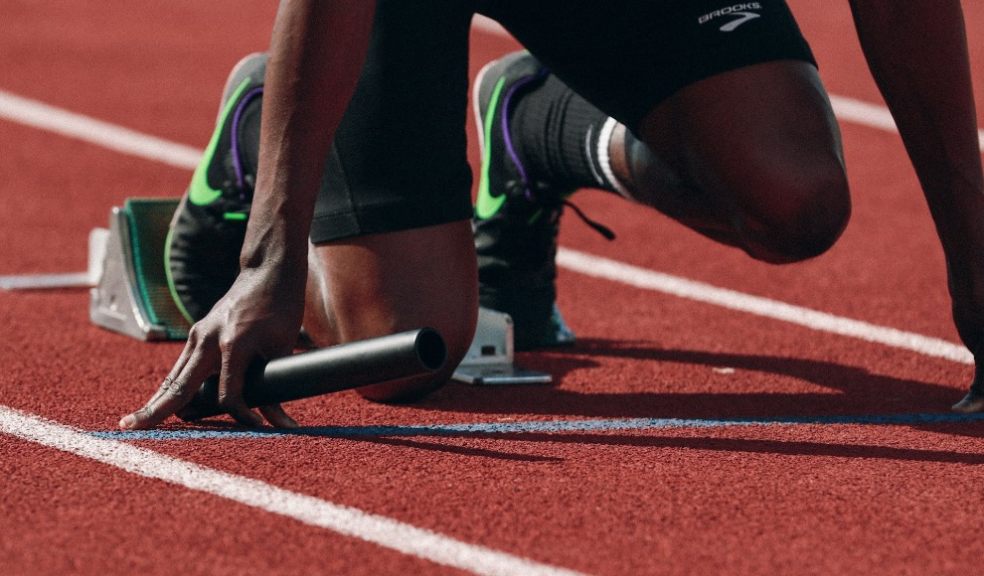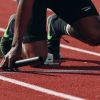
Nigerian athletes on their way to the Paris Olympics: Fighting Doping and striving for a Fair Victory
The Olympic Games are the pinnacle of sporting achievement, where athletes demonstrate the limits of human potential. But the road to the Olympic podium is strewn with obstacles, one of which is strict doping controls. For Nigeria, a country with a rich sporting tradition, the upcoming 2024 Olympic Games in Paris will be a serious test of fair play.
The bitter experience of Tokyo 2020, when ten Nigerian athletes were suspended for doping violations, was a lesson to the country's entire sporting community. Now the Athletics Federation of Nigeria (AFN) is determined not to let a similar situation happen again and assures that no Nigerian athlete will be disqualified in Paris.
Strict doping control requirements
Nigeria is in Category A of the National Federations that the Athletics Integrity Unit of World Athletics (AIU) considers most susceptible to doping. This means the country must comply with additional stringent requirements for its athletes to be allowed to compete at the Olympics or World Championships.
The Technical Director of AFN, Samuel Onyeku, said the Federation was taking the matter seriously:
"We have no problem with the mandatory testing of athletes. Already 40 of our athletes have been doping tested and we plan to add more."
In addition to testing, the AFN takes additional measures:
- Strict monitoring of the athletes' training process;
- regular educational seminars on the harms of doping;
- harsh sanctions for anti-doping rule violators.
Financial support for the doping tests was provided by the Nigerian Ministry of Sports, which provided funds for the testing of 21 athletes. AFN covered the costs of the remaining athletes.
Unpleasant Tokyo 2020 experience
The bitter experience of the Tokyo 2020 Olympic Games, when ten Nigerian athletes were suspended for failing to provide doping tests, was a painful lesson for AFN. Among the suspended athletes were:
- Nolwige Omowoh;
- Ruth Usoro;
- Favour Ofili;
- Rosemary Chukwuma;
- Glory Patrick;
- Yinka Ajayi;
- Tima Godbless;
- Chidi Okezie;
- Chioma Onyekwere;
- Annette Echikunwoke.
This development signaled a tightening of doping compliance measures and increased accountability on the part of athletes, coaches, and the entire sporting system in the country.
It was also a major blow to Nigeria's prestige as athletes from Nigeria began to rise up the world rankings. This could be judged by the odds on Melbet app or other prominent bookmakers, who were actively predicting high places for Nigerian athletes in competitions of the highest level. Of course, in the aftermath of this scandal, the odds were severely degraded, as was Nigeria's reputation in the world of professional sports.
Lessons from the past and a new era
The unfortunate incident in Tokyo was the starting point for a fundamental change in the approach to doping control in Nigeria. AFN realized the need for an effective system to prevent and detect anti-doping rule violations.
One of the key steps was to strengthen the education of athletes and coaches. Regular seminars and lectures are designed to inform athletes of the dangers of using banned drugs, both for health and career.
AFN has also introduced tough sanctions for those found to be doping. Suspension from competition, fines, and lifetime disqualification are what awaits violators.
- Suspension for a first offense;
- lifetime disqualification for a second offense;
- heavy monetary penalties.
This comprehensive approach, combining testing, education, and strict sanctions, is designed to create a zero-tolerance and fair sporting environment in Nigeria.

















